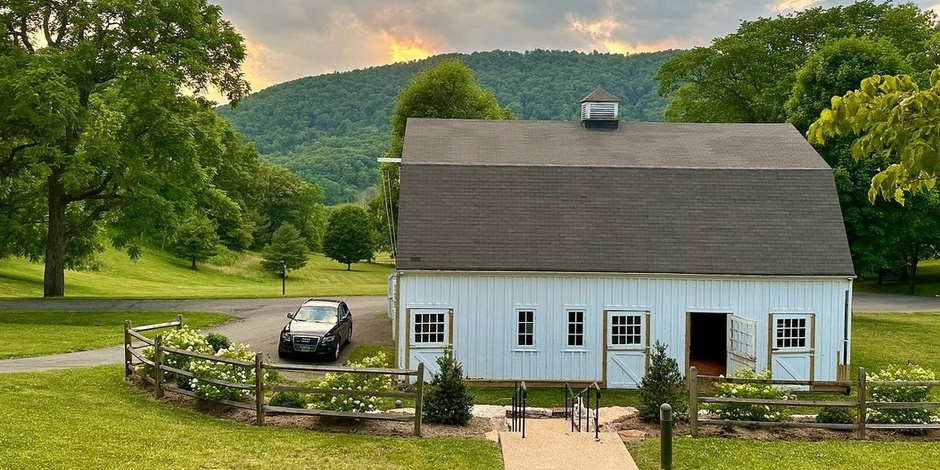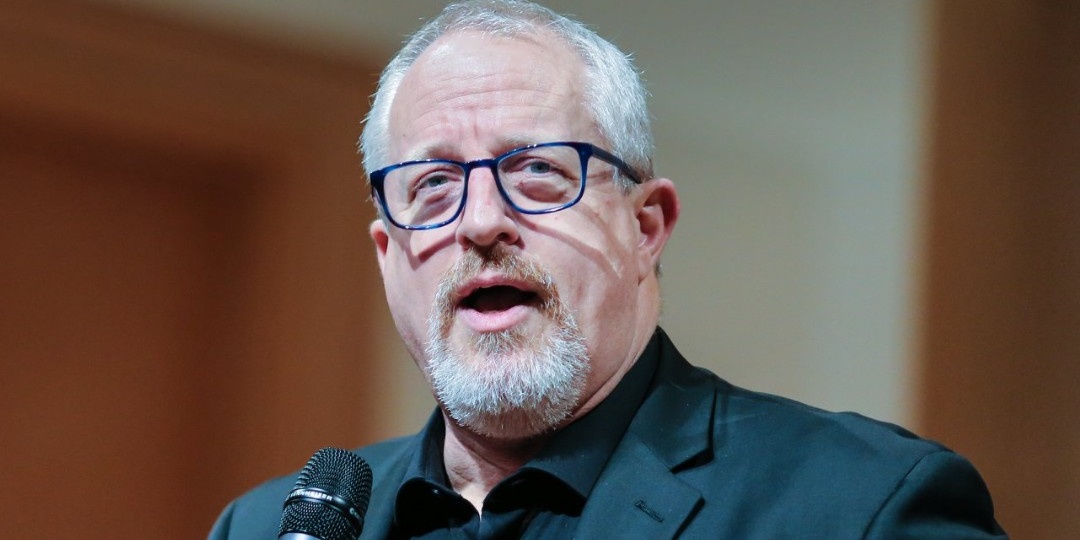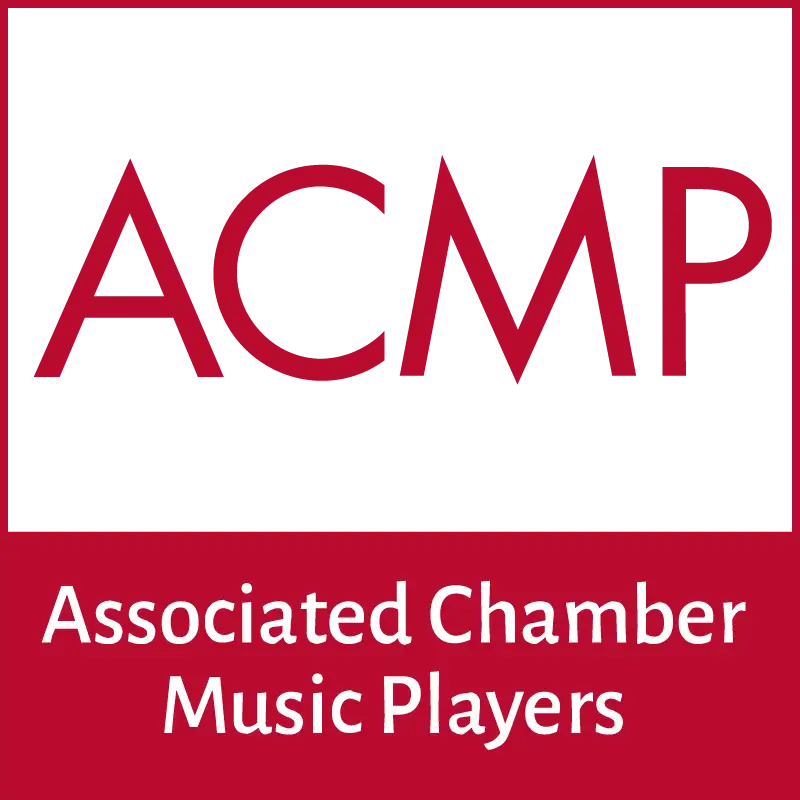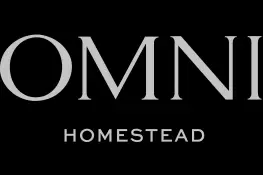I was first introduced to the music of Harold Meltzer through his 2 Songs from Silas Marner, which stayed in my mind for its simple beauty, the cello evoking a peculiar feeling of loneliness and expanse. It was clear to me that Meltzer had a special mastery in creating texture to cull complex emotional experiences.
I was definitely interested in getting to know his music more. And so when Meltzer wrote us asking us if we might be interested in performing his new piano quartet, freshly composed for the Boston Chamber Music Society, it was a fortuitous opportunity to share his music with all of you.
Some of you reading this might be thinking – “All this is nice and good, but you’re someone who enjoys weird new things. Will I enjoy it?”
To this I reassure you – Meltzer’s Piano Quartet uses no weird novelties or alternative methods of playing our instruments. It even has melodies, which are ACTUALLY very beautiful and smiling and lush. As a composer, Meltzer seems not interested in avant-garde experimentation, choosing to innovate more subtlety within traditional forms and recognizable harmonies. You don’t even have to study up on a poem or a historical event in order understand the narrative of the piece. In Meltzer’s own words “the piano quartet is not a response to anything, it just comes out of … me”.
In my opinion, the experience of Meltzer’s piano quartet is maybe better if you don’t think about it in terms of a “narrative”, but more as a traveler wandering an enchanted new land, happening upon each different scene without a thought or care of one’s own. The work is built out of a series of small texturally contrasting sections, which are connected cyclically, meaning that the beginning section comes back at the end. In place of traditional tempo markings like Andante and Allegro to head each section, Meltzer uses evocative adjectives like Effervescent, Ardent, Ecstatic, Eager, Ebullient, Contented, and Sparkling, indicating very specific emotions that he illustrates with meticulously detailed timbral and textural writing for each instrument. For example, the first section, headed by Effervescent, sparkles like soda pop, strings in pizzicato and piano in quick quiet staccato, with sudden pops and outbursts of too eager bubbles. Ardent follows with lush string melodies and chords that throb like echoes in the piano.
As a listener, you are made to recall a distinct image or feeling. Take, for instance, the third section, Ecstatic, which reminds me of the swelling sun on a summer day, the sort of Doppler effect your brain feels in sultry weather.
Of his quartet, Meltzer says
This piano quartet emerges rather like a mosaic, a series of brightly colored sections with edges that are made to seem sharper through contrast. Two of my very favorite composers are Schumann (whose birthday I share) and Stravinsky; while I may not share their many strengths as composers, I do share one of their limitations: an imperfect understanding of transitions, or even of the value of transitions. So, like they, I simply avoid them. Part of the trick in writing music that eschews growth and change by degrees is to determine which pieces of the mosaic need to stand out by way of brightness or complexity or simplicity; the other part is to determine which contrasts make intuitive sense. The pieces I’ve written in this way usually responded to something or someplace: a poem, a park or skyscraper. This was the first time in years that I began to compose from abstraction.
At the center of Meltzer’s piano quartet is Meltzer’s Dreamwaltz for Steve, his musical tribute to his dear friend, Steven Stucky, who had passed away during the composition of the work, and for whom the piece is dedicated.
As I became more involved in composing the quartet, though, the process was distressed by the illness, and on February 14, 2016 the passing, of composer Steven Stucky. Though almost twenty years older than I, he had become over the last decade one of my closest friends and colleagues; certainly he was a mentor, and I feel his loss keenly. Late in the writing of the piece I began to think about how I could memorialize him in music. He would not have liked a dirge, and I wanted the relevant music to be about him rather than my feelings about him. One of his breakout pieces was an orchestral work called Dreamwaltzes, a piece that looks back fondly to the nineteenth century waltz tradition. So I composed a bit of waltz music and embedded it in the work; it sounds like suddenly a music box has opened. In my own backward look to the nineteenth century I overshot: Dreamwaltzes conjures Brahms and Strauss, while mine incorporates the briefest of references, without quotation, to mid-period Beethoven.
Meltzer is extremely likable as a person, and speaks with a deprecating wit and a thoughtful clarity. His interviews are very enjoyable. Who doesn’t enjoy a composer who references The Simpsons when talking about a Mendelssohn Symphony? To get soothed by his mellifluous and calming voice, check out his interview on Second Inversion.
If you are still skeptical, you can also check out reviews from smart people for Meltzer’s piano quartet here.
Meltzer, Meatballs, and Microbrews, will be at 6:30 on Saturday January 26 at Garth Newel Music Center’s Herter Hall. Also on the program will be Steven Stucky’s dramatic piano quartet, as well as Gabriela Lena Frank’s Four Folk Songs. Join us at 6pm for happy hour, and to have the pleasure of meeting the composer Harold Meltzer himself, who will be present to talk about his work.














